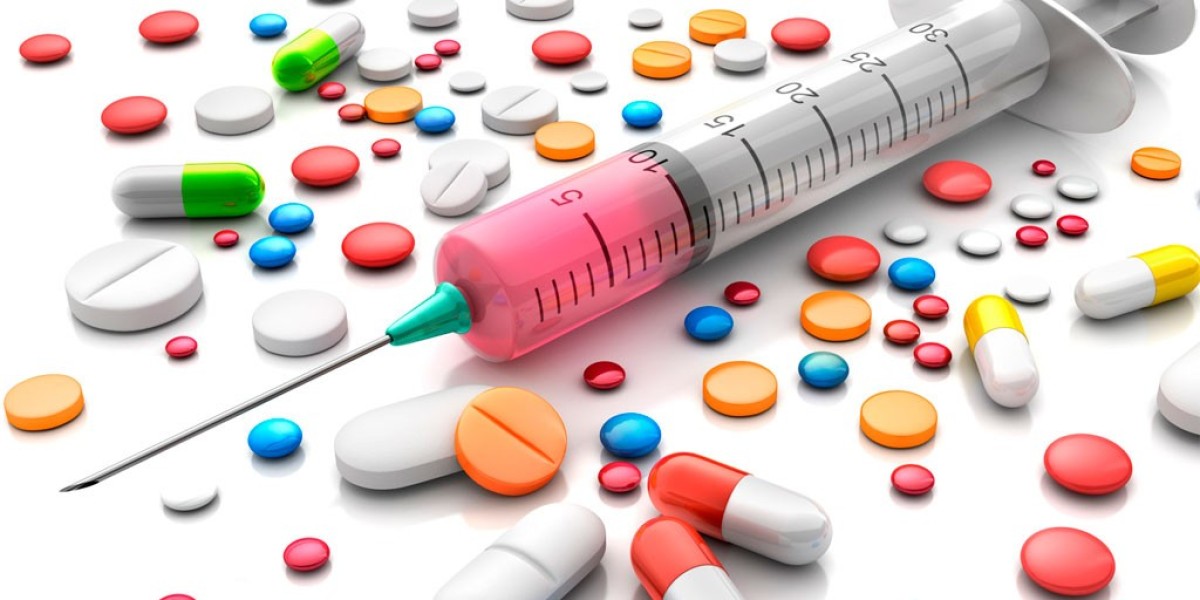Antibiotics have long been hailed as miracle drugs, saving countless lives by combatting bacterial infections. However, the rise of antibiotic resistance poses a significant threat to public health worldwide. As bacteria evolve and develop resistance to antibiotics at an alarming rate, the effectiveness of these life-saving medications is diminishing. To combat this silent threat, it is crucial to understand the factors contributing to antibiotic resistance and implement strategies to address it effectively.
The Rise of Antibiotic Resistance
Antibiotic resistance occurs when bacteria adapt and become immune to the effects of antibiotics, rendering these medications ineffective in treating infections. This phenomenon has been accelerated by several factors, including overuse and misuse of antibiotics in human and animal health, as well as in agriculture. The widespread availability of antibiotics without proper prescription and the incomplete course of antibiotic treatment contribute to the development of resistant bacteria, creating a breeding ground for the spread of antibiotic-resistant infections.
Global Impact and Public Health Concerns
The implications of Global Antibiotic Resistance extend far beyond individual patients and healthcare settings. Globally, antibiotic-resistant infections are responsible for significant morbidity, mortality, and economic burden. Without effective antibiotics, common infections become difficult, if not impossible, to treat, leading to prolonged illness, increased healthcare costs, and higher rates of mortality. Moreover, antibiotic resistance undermines the effectiveness of critical medical procedures, such as surgery, chemotherapy, and organ transplantation, putting patients at risk of complications and death.
Addressing Antibiotic Resistance: A Multifaceted Approach
Combatting antibiotic resistance requires a multifaceted approach that involves collaboration among healthcare professionals, policymakers, researchers, and the public. Key strategies include:
Promoting Antibiotic Stewardship: Encouraging responsible use of antibiotics through education, guidelines, and regulations to minimize unnecessary prescriptions and prevent the emergence of resistant bacteria.
Investing in Research and Development: Supporting research efforts to develop new antibiotics, alternative treatments, and diagnostic tools to combat resistant infections and preserve the effectiveness of existing antibiotics.
Enhancing Surveillance and Monitoring: Strengthening surveillance systems to track the spread of antibiotic-resistant bacteria, identify emerging threats, and inform public health interventions.
Fostering Global Collaboration: Promoting international cooperation and sharing of best practices to address antibiotic resistance on a global scale, recognizing that bacteria know no borders and collaboration is essential to containment.
Empowering Individuals and Communities
Individuals also play a crucial role in the fight against antibiotic resistance. By practicing good hygiene, following prescribed antibiotic regimens, and advocating for responsible antibiotic use, individuals can help prevent the spread of resistant infections and preserve the effectiveness of antibiotics for future generations. Education and awareness campaigns can empower communities to take proactive steps in safeguarding public health and combating antibiotic resistance.
Antibiotic resistance poses a formidable challenge to public health, threatening the effectiveness of antibiotics and undermining our ability to treat bacterial infections. By understanding the drivers of antibiotic resistance and implementing comprehensive strategies to address it, we can mitigate its impact and preserve these life-saving medications for generations to come. Through collective action and global cooperation, we can turn the tide against antibiotic resistance and safeguard the health and well-being of individuals worldwide.
Get more insights on Global Antibiotic Resistance



